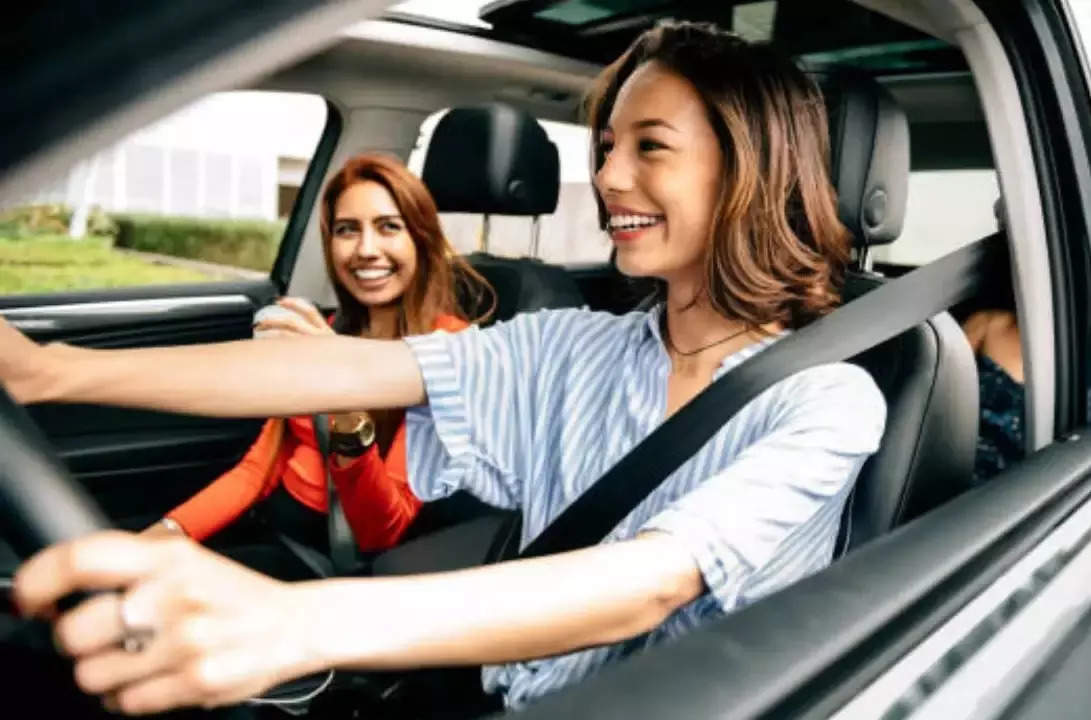
In recent news, the social practice of carpooling is being increasingly regulated as a commercial activity.
As a result, those who are participating in a carpooling setup by using their own personal vehicle, are being subject to the regulations that have been put in place for for-hire taxi services. Carpooling users are being subject to fines, and vehicle seizures on the pretext that they are illegally using white number plate (personal vehicles) cars, to transport people commercially.
A recent directive by the Himachal State Transport Department declared technology-enabled carpooling illegal with the justification that it is an illegal commercial activity, that is reducing the income-earning opportunities for taxi drivers, and thereby reducing tax collections by the State Revenue Department.
A similar decision was made in Uttarakhand, wherein local enforcement authorities had declared carpooling as an illegal practice, citing that those using technology-enabled platforms to facilitate carpooling should be cracked down on, and fined. This decision was made after pressure from various local taxi unions who claimed that private carpooling users were transporting passengers as an income generating activity.
The developments in both Himachal Pradesh and Uttarakhand have regulated carpooling as a commercial practice. It is however a socially driven activity where cost is shared, and income cannot be earned.
Considering the data available publicly, carpooling can be deemed as a social activity. If we consider a carpooling journey from Chandigarh to Shimla, the total distance covered is approximately 120 kilometres, and without taking into consideration the cost of tolls and vehicle maintenance, the approximate cost of travel by a petrol vehicle with an average mileage of 12 kilometres per litre, is approximately INR 1000.
Therefore, a person trying to earn money through a carpooling arrangement would need to earn more than this amount for it to be considered a commercial income generating activity.
However, if you look at publicly available data on global platforms such as BlaBlaCar, a per person cost for travel from Chandigarh to Shimla is INR 250-280, and a maximum of 3 passengers are allowed to accompany the owner of the car. As a result, the maximum contribution from co-passengers can range from INR 750-840, which does not even cover the total cost of fuel.
During the assessment of whether carpooling qualifies to be a commercial activity, we even looked at data on the number of rides taken by top rated users on the platform. It was found that most verified users on the platform have not averaged more than 2-4 rides per month since the time of their joining the platform, and this low frequency does not qualify as a viable option for any user who is trying to earn a livelihood through the platform.
While some State authorities have regulated carpooling as a commercial activity, the assessment from publicly available information proves it is a socially driven activity. The collections from other co-passengers are made towards sharing the cost of fuel.
By cracking down on carpooling, it is affecting the adoption of the practice. In most Indian metropolitan cities, private cars are typically occupied by an average 1.5 passengers, which is low, considering that any four-wheeler can accommodate four people. As per Ministry of Road, Transport and Highways (MoRTH), from 2009 to 2019, India witnessed an average growth rate of 9.9% per annum in registered vehicles.
Even though vehicle ownership is often viewed as a symbol of economic prosperity, the associated negative externalities for the environment are substantial. To counter this, carpooling has been proposed as a solution under the government’s Mission LiFE (Lifestyle for Environment) program. There is immense potential to improve asset utilization rates, decongest our roads, and reduce vehicular emissions by adopting carpooling.
Recognizing these benefits, MoRTH has distinguished carpooling as a social activity in the Draft Motor Vehicle Aggregator Guidelines 2024. These Guidelines have recognized carpooling as a distinct category from for-hire taxi services, and have taken a step forward towards widespread adoption of the practice.
It is imperative that State Governments adopt these Guidelines to ensure that carpooling is recognised and regulated as a not for profit social activity.
(The author is researcher in Centre for Digital Economy Policy; Views are personal)


